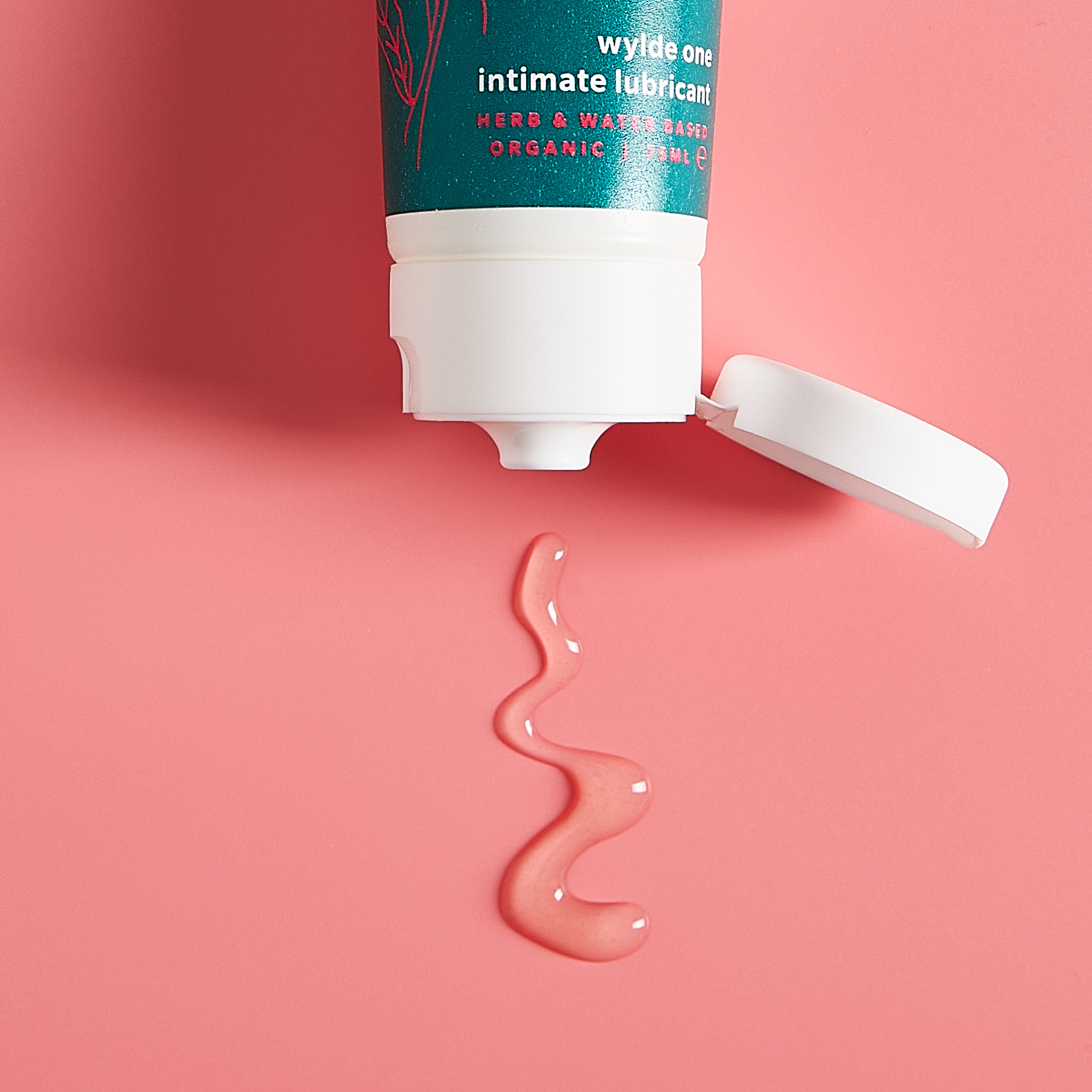[et_pb_section fb_built=”1″ admin_label=”section” _builder_version=”3.22″][et_pb_row admin_label=”row” _builder_version=”3.25″ background_size=”initial” background_position=”top_left” background_repeat=”repeat”][et_pb_column type=”4_4″ _builder_version=”3.25″ custom_padding=”|||” custom_padding__hover=”|||”][et_pb_text admin_label=”Text” _builder_version=”4.6.6″ background_size=”initial” background_position=”top_left” background_repeat=”repeat” hover_enabled=”0″ sticky_enabled=”0″]
Using a lube should be a good experience, and these days there are so many to choose from you don’t need to put up with anything sticky or irritating. So when buying a lube you should ask yourself several questions so you can find the best one for you:
Have you any sensitivities?
Many women know if they have any vaginal sensitivities or irritation, but some women only realise when they have a reaction to a product. If you do have these kinds of sensitivities, look for lubes that avoid glycerine or promises such as warming, flavour or tingling etc. Instead look for a lube that promises to be pH balanced to intimate pH of between 3.8 – 4.5, and has an osmolarity of less than 380mOsm/kg – meaning that it will not dry out vaginal tissues.
You may also want to avoid lubes with any of these ‘nasties’ as ingredients.
Is natural important to you?
Vaginal mucosa is some of the most absorbent tissue of the body – meaning that a high percentage of what goes on it, gets into the bloodstream. You should be totally fine with whatever lube you use to get into your mouth too! With this in mind, are natural, non-toxic ingredients important to you? Check the full ingredients list. Some products call themselves natural, and do have some natural ingredients in, but not their full list. Know what you’re putting in your body using the info here.
Do you use any barrier method contraception?
In this case you should be using a water or silicon based lube.
Are you using a toy?
Then make sure you use a water based, not a silicone based lube, as silicone based ones could depredate the surface of a toy, especially if its made from silicone – if in doubt, go water.
Are you trying to conceive?
Then make sure you use a lube that is pro-conception – the pH of sperm is much higher (at around pH6) and a pro-conception lube will have matching pH. It is worth bearing in mind that these lubes may irritate your vagina because of these pH issues.
Are you going to go anal?
A silicone or thick water based lube may be better here. Silicone last longer than a water based one, and oil wouldn’t be suitable here due to the use of condoms (a barrier method is a good idea here to prevent the transmission of any potential HIV).
Different Types of Lube:
Water
Good for use in virtually all situations, water based lubricants are safe for use even with condoms and toys and generally won’t stain the sheets…
Oil
Very long lasting, great for low reapplication rate, an oil based lube can be great for massage too – just not for condom use! it can also play havoc with the vaginal pH.
Silicone
Also long lasting and often hypoallergenic, this can be more suitable for water based play and anal sex. Definitely not suitable for use with toys!
Hybrid
These lubes are water based with a small amount of silicone, making a creamy texture, which combines the best aspects of both types, long lasting lubrication and versatility. Some maybe suitable for use with toys but always to do a patch test first!!!
And remember, there’s no such thing as too much lube, so use liberally, as much as you need.
[/et_pb_text][/et_pb_column][/et_pb_row][/et_pb_section]

